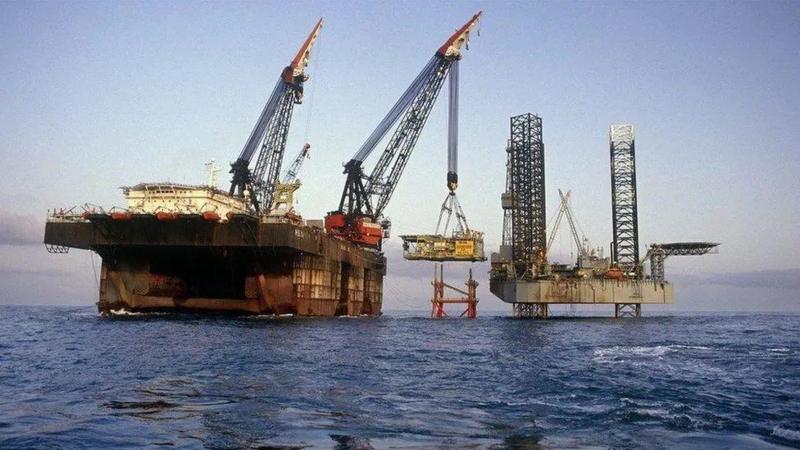JUSTIÇA DE SÃO PAULO DETERMINA QUE O MUNICIPIO AUTORIZE A EXPEDIÇÃO DE NOTAS FISCAIS ELETRÔNICAS.
9 de fevereiro de 2024
Por que Rússia deve crescer mais do que todos os países desenvolvidos, apesar de guerra e sanções, segundo o FMI
18 de abril de 2024Vale SA (VALE3)’s borrowing costs are falling to an eight-month low after the Brazilian iron-ore producer scrapped a $1.1 billion bid for Metorex Ltd. (MTX), fueling speculation the company is trying to avoid increasing its debt.
The yield on Vale’s dollar bonds due in 2020 slid to 4.41 percent yesterday, the lowest level since Nov. 12, after the world’s largest iron-ore producer said on July 11 that it agreed to terminate its proposed acquisition of Metorex. Yields on the notes sank 31 basis points since July 4, the day before China’s Jinchuan Group Co. bid $1.36 billion for Johannesburg-based Metorex. The yield on bonds sold by global metals, mining and steel companies fell 19 basis points, or 0.19 percentage point, during the same period.
Vale showed control after acquiring 10 companies over the past two years, according to Roy Yackulic, a corporate debt analyst at Bank of America Corp. The company, seeking to boost copper output almost fivefold to 1 million metric tons in 2015, had until July 15 to counter Jinchuan’s bid for Metorex, which controls almost 5 million tons of African copper resources and produced 26,358 tons in the second half of 2010.
“Vale showed restraint, and that they wouldn’t get into a bidding war for assets, and that’s a positive reflection on management,” Yackulic said in a telephone interview. “It’s positive that they aren’t overbidding for assets.”
The Rio de Janeiro-based company’s bonds yield 89 basis points more than Brazilian government notes due in 2019, down from 126 in June, according to data compiled by Bloomberg.
Vale Rating
The yield on Vale’s bonds has tumbled 49 basis points since April 4, when Chief Executive Officer Murilo Ferreira replaced Roger Agnelli after the Brazilian government criticized the company’s strategy and sought a bigger role in its management. Vale has a record $24 billion spending plan for this year.
Vale is committed to maintaining “low leverage and a sound balance sheet in order to maintain and upgrade its ratings,” the company said in an e-mailed response to questions.
Vale, which had total debt of $26.8 billion at the end of the first quarter, is rated BBB+ by Standard & Poor’s, the third-lowest investment grade.
Metorex is Vale’s second unsuccessful attempt to acquire copper assets in less than a year. In September, Paranapanema SA (PMAM3), a copper smelter in Dias D’Avila, Brazil, rejected a proposal from Vale. The company announced a $1.4 billion offer to buy all the shares of a fertilizers unit that it didn’t already own in June, and bought palm oil producer Biopalma da Amazonia SA Reflorestamento Industria & Comercio for $173.5 million in February.
‘Prudence’
“Vale is very acquisitive, and by withdrawing from Metorex, it’s an example of a level of prudence,” Ernie Lalonde, vice- president of mining at Toronto-based credit rating company DBRS Ltd., said in a telephone interview. “It’s not expansion at all costs.”
Vale’s bonds are also benefitting from a rally in iron-ore prices, DBRS’s Lalonde said.
The price of ore with 62 percent iron content delivered to the Chinese port of Tianjin has climbed for eight days to $173.10 a metric ton, Steel Business Briefing Commodities Research data show. It is up 47 percent in the past year.
The prospect of government intervention in Vale is a concern to investors, said Joe Bormann, a managing director at Fitch Ratings.
The administrations of President Dilma Rousseff and her predecessor, Luiz Inacio Lula da Silva, have criticized Vale’s management over the past two years for not spending more on domestic steel to generate jobs and boost the country’s trade balance. The government holds direct and indirect stakes in Vale.
Yield Spread
“With the new CEO, people are monitoring the company closely to determine whether or not the government’s influence will increase in Vale, or its interference,” Bormann said in a telephone interview.
The extra yield investors demand to own Brazilian government dollar debt instead of Treasuries was unchanged yesterday at 173 basis points, according to JPMorgan Chase & Co.
The cost of protecting Brazilian bonds against default for five years rose one basis point to 116, according to data provider CMA, which is owned by CME Group Inc. and compiles prices quoted by dealers in the privately negotiated market. Credit-default swaps pay the buyer face value in exchange for the underlying securities or the cash equivalent if a government or company fails to adhere to its debt agreements.
The real weakened 0.1 percent yesterday to 1.5791 per dollar.
Yields on interest-rate futures contracts due in January 2012 fell two basis points to 12.48.
‘Pleased’
Vale’s shares rose 0.2 percent yesterday to 45.72 reais.
The company reported net income of $6.83 billion for the first-quarter on May 5 as China-led demand boosted the price of minerals and metals.
“From a bondholders perspective, one looks at Vale’s operating cash flow and is pleased at that,” DBRS’s Lalonde said. “They want to make sure debt doesn’t grow out of proportion to equity, and that they don’t overextend themselves in period of rapid expansion.”
